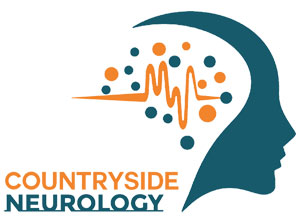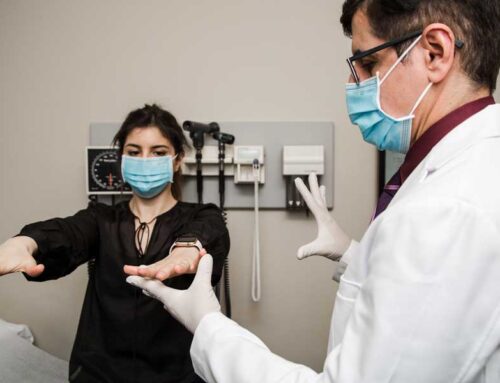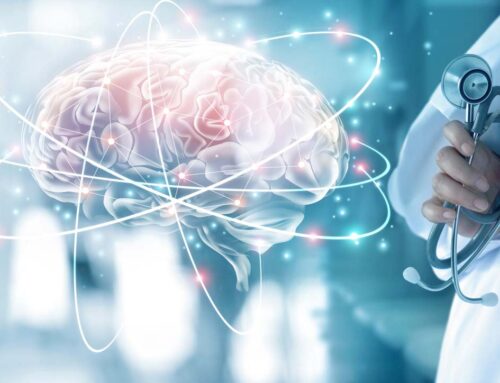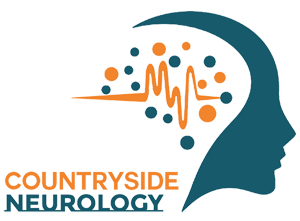Tinnitus, often described as a persistent ringing in the ears, affects millions of people worldwide. This condition can significantly impact quality of life, causing discomfort, stress, and sleep disturbances. Traditional treatments often provide limited relief, leading patients to seek alternative solutions. Recent research published in Frontiers in Psychology highlights the potential of Transcranial Magnetic Stimulation (TMS) as an effective treatment for tinnitus. At Countryside Neurology, we are proud to offer TMS therapy to our patients in the greater Tampa Bay area, providing hope and relief for those suffering from this challenging condition.
Understanding TMS Therapy
Transcranial Magnetic Stimulation (TMS) is a non-invasive procedure that uses magnetic fields to stimulate nerve cells in specific areas of the brain. By modulating neural activity, TMS can help alleviate symptoms of various neurological and psychiatric conditions, including tinnitus. Unlike medications, TMS directly targets the brain and does not involve systemic side effects, making it a promising option for those who have not found relief with traditional treatments.
Key Findings from the Study
The study published in Frontiers in Psychology involved tinnitus patients undergoing TMS therapy. The researchers found that:
- Significant Reduction in Tinnitus Severity: Patients experienced a noticeable decrease in the severity and frequency of tinnitus symptoms after undergoing TMS sessions.
- Improved Quality of Life: Alongside symptom relief, patients reported improvements in their overall quality of life, including better sleep and reduced stress levels.
- Sustained Benefits: The positive effects of TMS were not just immediate but also sustained over time, indicating long-term benefits for tinnitus sufferers.
How TMS Works for Tinnitus
TMS therapy for tinnitus involves targeting the brain regions involved in auditory processing and perception. The repetitive magnetic pulses can alter neural activity, reducing the perception of tinnitus and enhancing overall brain function. This approach addresses both the auditory and psychological symptoms of tinnitus, providing comprehensive relief.
Other Conditions Treated with TMS at Countryside Neurology
While TMS is gaining recognition for treating tinnitus, it is also effective for a variety of other conditions. At Countryside Neurology, we offer TMS therapy for:
- Obsessive-Compulsive Disorder (OCD): Alleviating symptoms by modulating brain circuits involved in obsessive thoughts and compulsive behaviors.
- Cognitive Impairment: Enhancing cognitive function in patients with various forms of dementia.
- Chronic Fatigue Syndrome: Reducing fatigue and improving overall energy levels.
- Post-Concussion Syndrome: Alleviating symptoms following a concussion, such as headaches and cognitive difficulties.
- Schizophrenia (auditory hallucinations): Reducing the severity of auditory hallucinations.
- Multiple Sclerosis: Addressing symptoms such as fatigue, cognitive impairment, and muscle spasticity.
What to Expect During TMS Therapy
A typical TMS session at Countryside Neurology lasts about 15-20 minutes. Patients sit comfortably while a magnetic coil is placed near their head, delivering painless magnetic pulses to targeted brain areas. The number of sessions varies based on the condition, but many patients begin to see improvements within a few weeks.
Why Choose Countryside Neurology?
At Countryside Neurology, our team is dedicated to providing cutting-edge treatments and personalized care. Our board-certified neurologist, Dr. Ardeshir Khademi, is a Harvard-trained TMS expert with extensive experience in treating neurological conditions. Located in Palm Harbor, we proudly serve the greater Tampa Bay area, offering advanced treatments like TMS to improve our patients’ quality of life.
If you or a loved one is struggling with tinnitus or other neurological conditions, TMS therapy might be the solution you’ve been looking for. Contact Countryside Neurology today to learn more about how TMS can help you.
- Phone: 727-712-1567
- Website: countrysideneurology.com
- Instagram: @countrysideneurology




